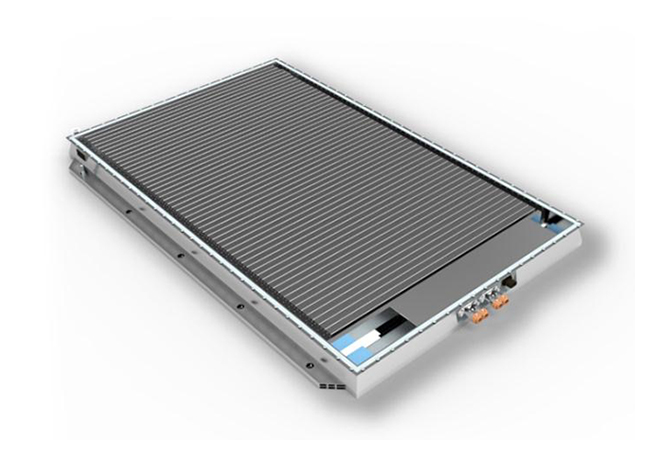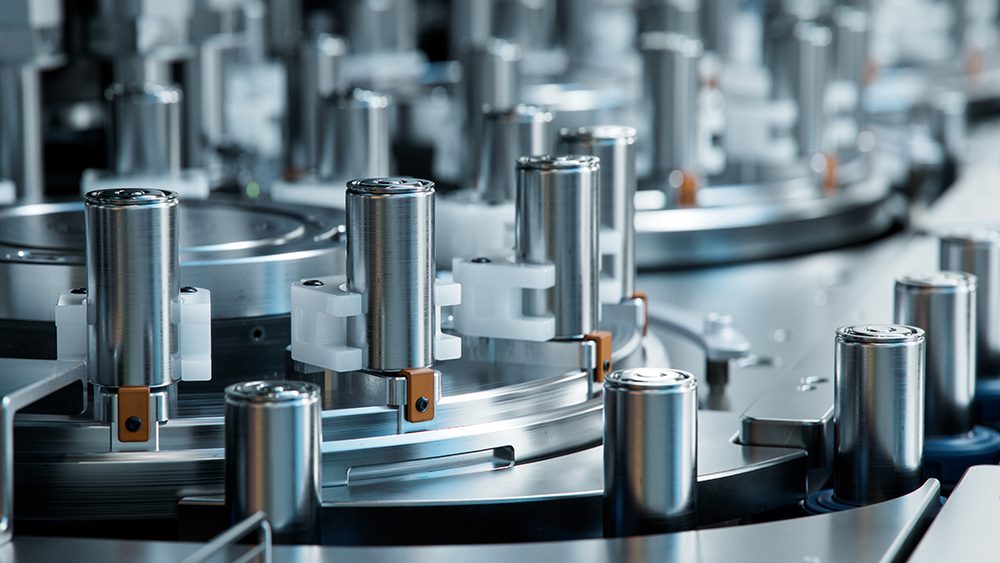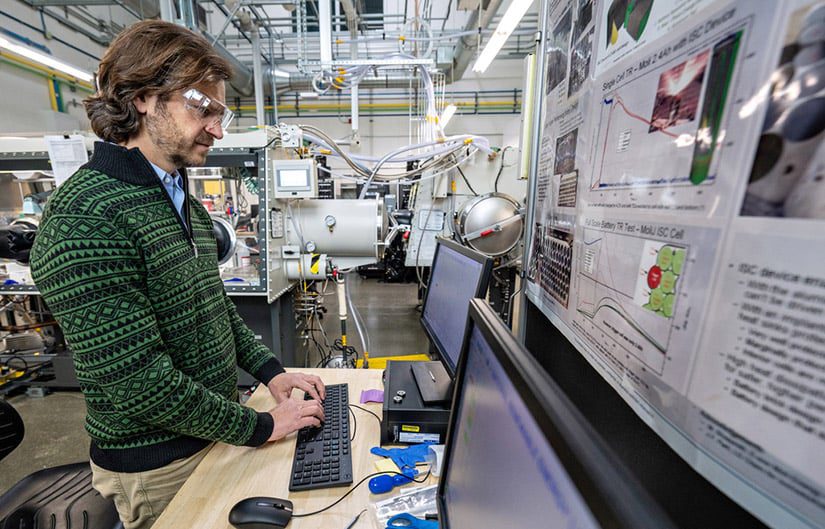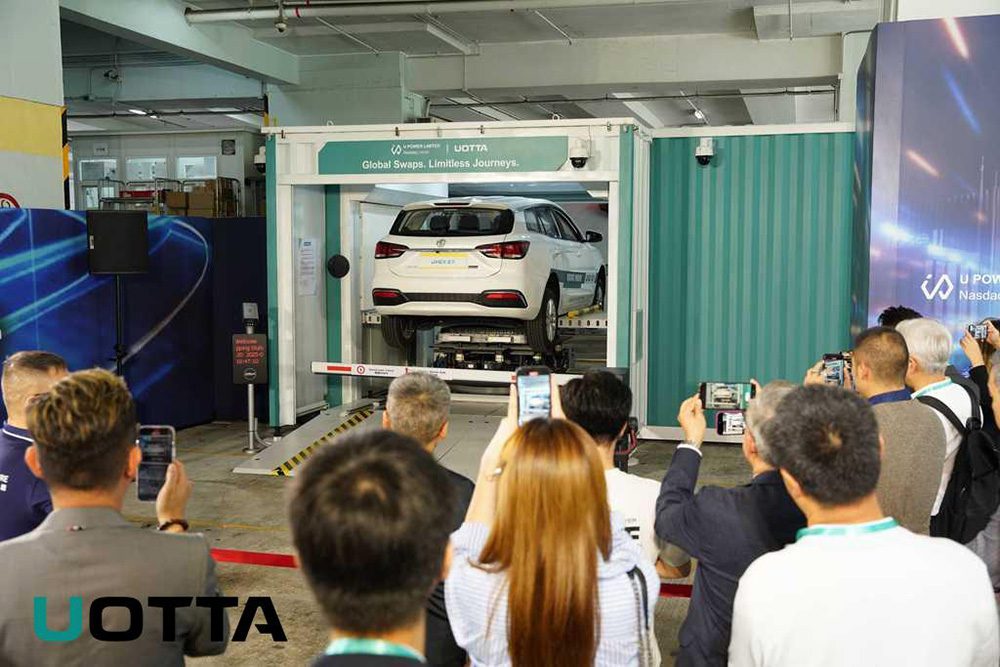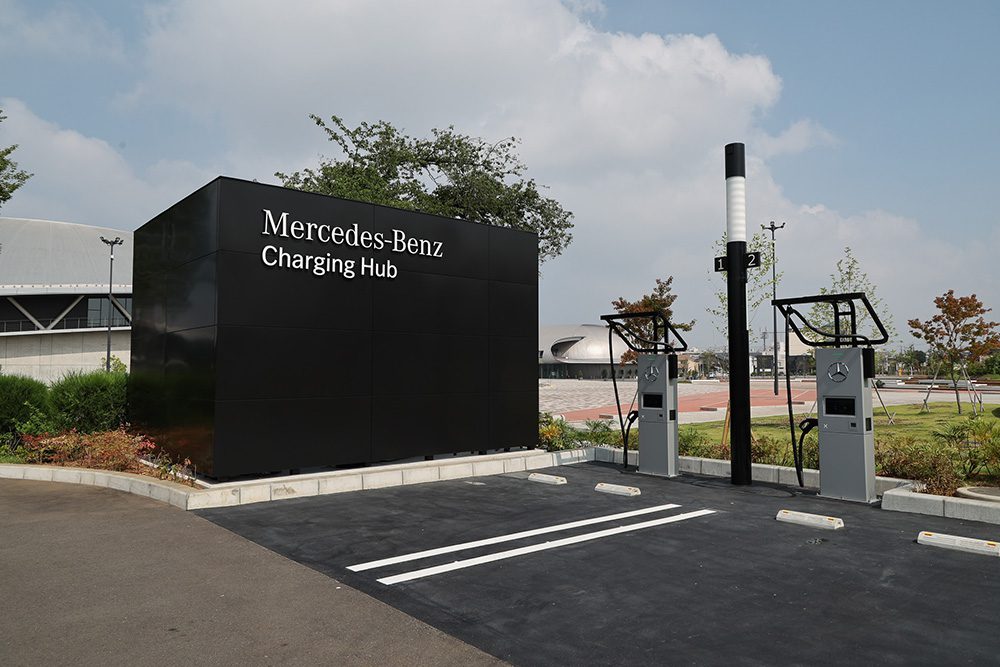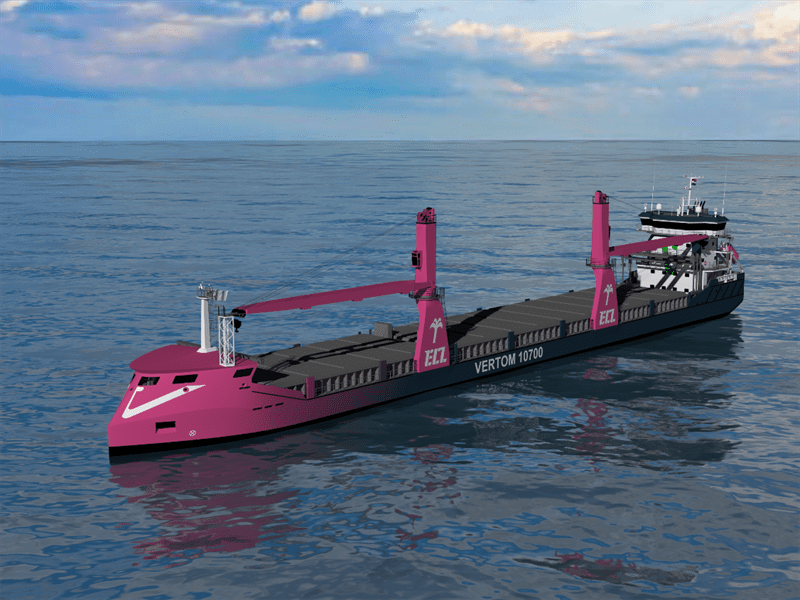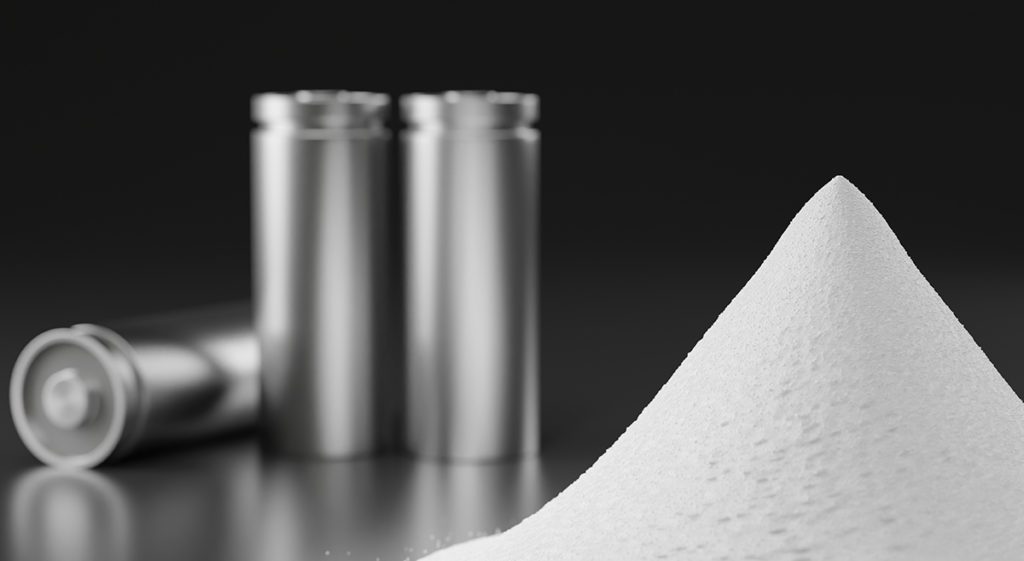The popular discussion of EVs tends to center on range, and this has led battery makers to focus on increasing energy density—some would say, at the expense of other equally important attributes such as longevity and safety. Chinese EV giant BYD has introduced a new Blade Battery, which is designed to “bring battery safety back to the forefront.”
At an online launch event, BYD highlighted a video of the Blade Battery undergoing a nail penetration test, which is considered a rigorous way to test a battery pack’s resistance to the dreaded thermal runaway.
In BYD’s nail penetration tests, the Blade Battery emitted neither smoke nor fire after being penetrated, and its surface temperature reached only 30 to 60° C. Under the same conditions, a ternary lithium battery exceeded 500° C and burned violently. A conventional lithium iron phosphate block battery did not openly emit flames or smoke, but its surface temperature reached dangerous temperatures of 200 to 400° C. BYD also subjected the Blade Battery to other extreme test conditions, such as being crushed, bent, heated in a furnace to 300° C and overcharged by 260%. None of these resulted in a fire or explosion.
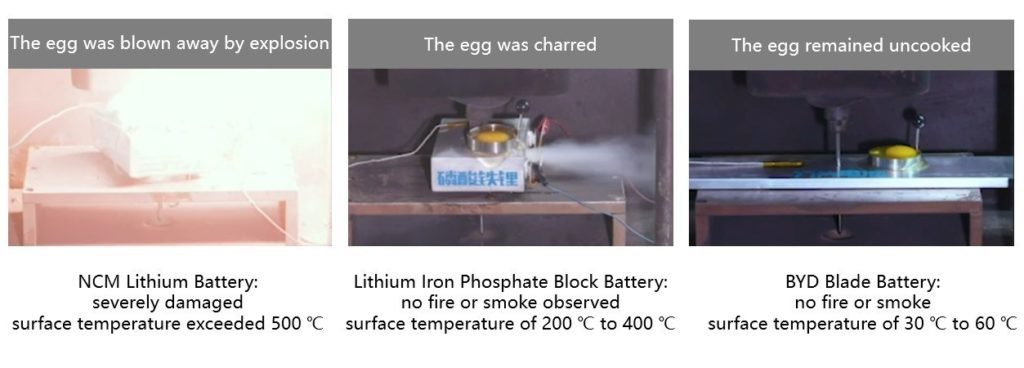
BYD says the safety advantages of the Blade Battery include a high starting temperature for exothermic reactions, slow heat release and low heat generation, and its ability not to release oxygen during breakdowns or easily catch fire.
The Blade Battery is not without advantages in terms of energy density. BYD says its optimized battery pack structure improves space utilization by over 50% compared to conventional lithium iron phosphate block batteries.
The Blade Battery will be featured in BYD’s new Han EV, a sedan slated for launch this June. The new model will lead the brand’s Dynasty Family, which boasts a cruising range of 605 km and acceleration of 0 to 100 km/h in just 3.9 seconds.
HUGE breakthrough in #batterytechnology that will redefine safety standards for the entire industry
— BYD (@BYDCompany) March 29, 2020
✅Nail Penetration
✅Heated to 572 F
✅Overcharged by 260%
✅Crushed
✅Bent
No test resulted in fire or explosion!
Learn More—https://t.co/6i6vuKNnsu#EVnews #vechain #vet #EV pic.twitter.com/1RuQxCkqTy
Source: BYD via Electric Cars Report







